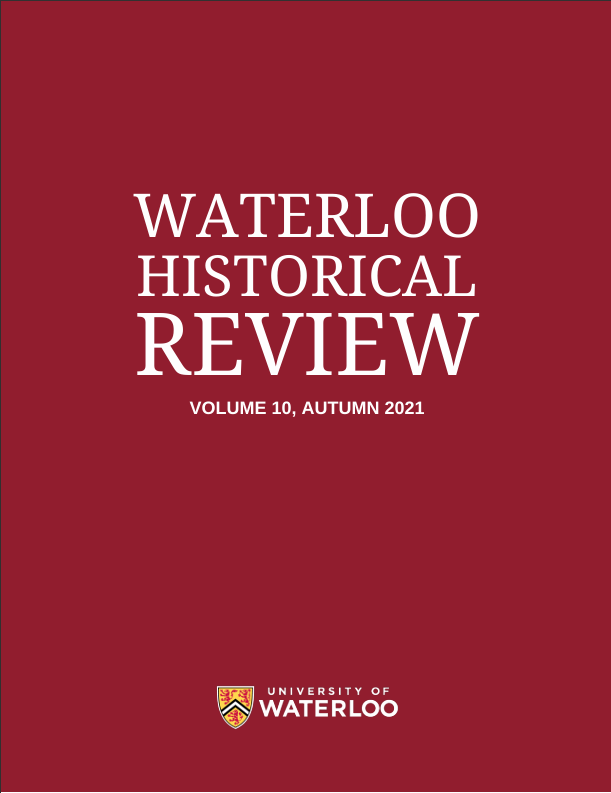From Other to Brother: Western Travel Writers and the Remaking of Russia
DOI:
https://doi.org/10.15353/whr.v10.6147Abstract
The answer lies less in Russia and more in the socio-cultural climate of sixteenth- and
seventeenth-century Western Europe. By examining not only the accounts of Western travel
writers to Europe but the writers themselves I will show how the “discovery” of Russia by
Westerners was defined by Early Modern anxieties surrounding religion and society that emerged
during the Reformation and Enlightenment. These travel writers especially the Germans
Sigismund von Herberstein and Adam Olearius – a Catholic and an Evangelical Lutheran
respectively – used Russia as a field on which to argue their own respective views on what an ideal
moral society should look like in the process establishing Russia as an antithetical Other. In
particular, they criticised Russian men as violent, licentious, and stupid drunks while Russian
arranged marriages condemned women to essential slavery locked at home with husbands who
expressed love for them only by beating them. In reforming Russian society Peter the Great
responded to these exact criticisms, creating a new and outward-looking class of international
aristocrats to represent Russia thereby de-othering it in the eyes of their Western European
counterparts.
Downloads
Published
Issue
Section
License
Copyright (c) 2024 Ryan Snopek

This work is licensed under a Creative Commons Attribution 4.0 International License.

